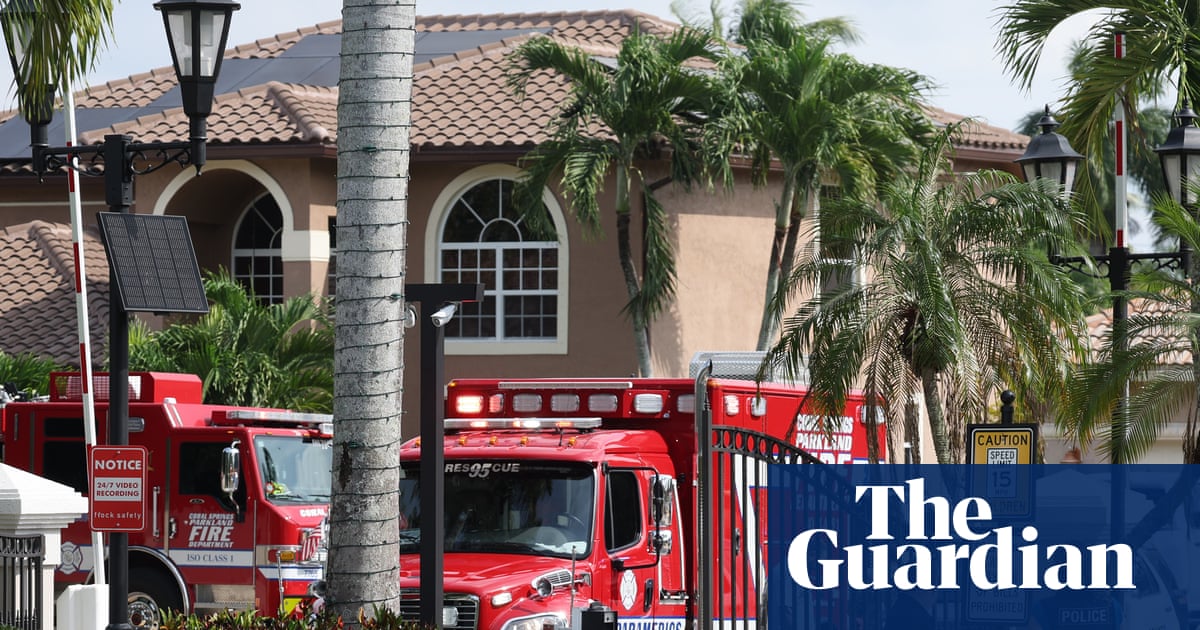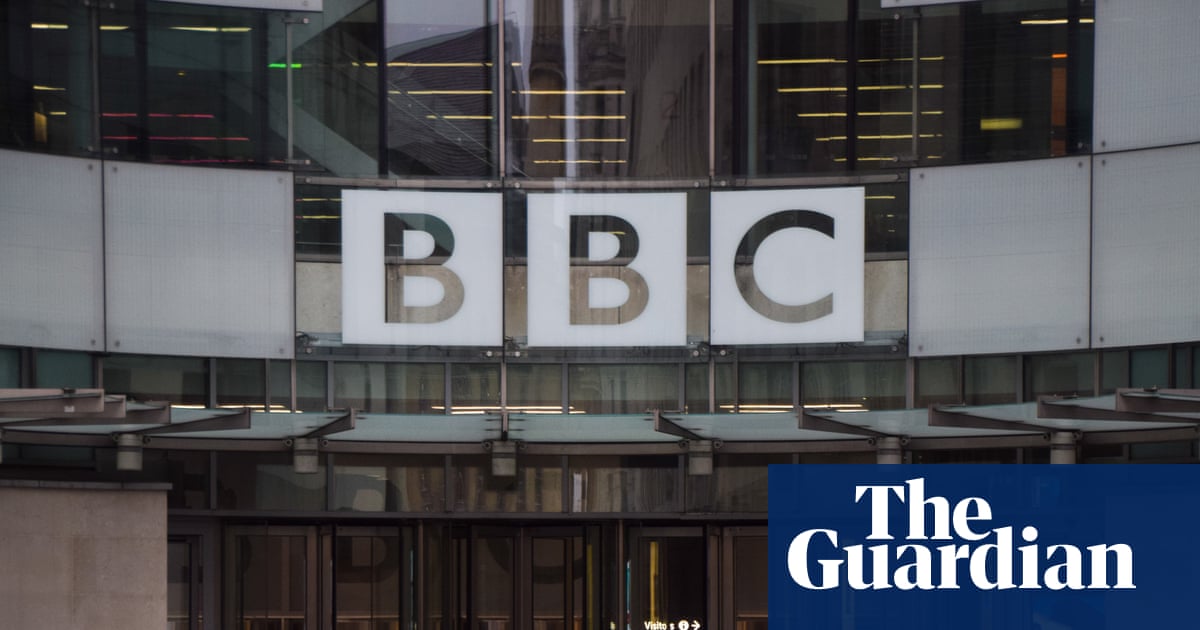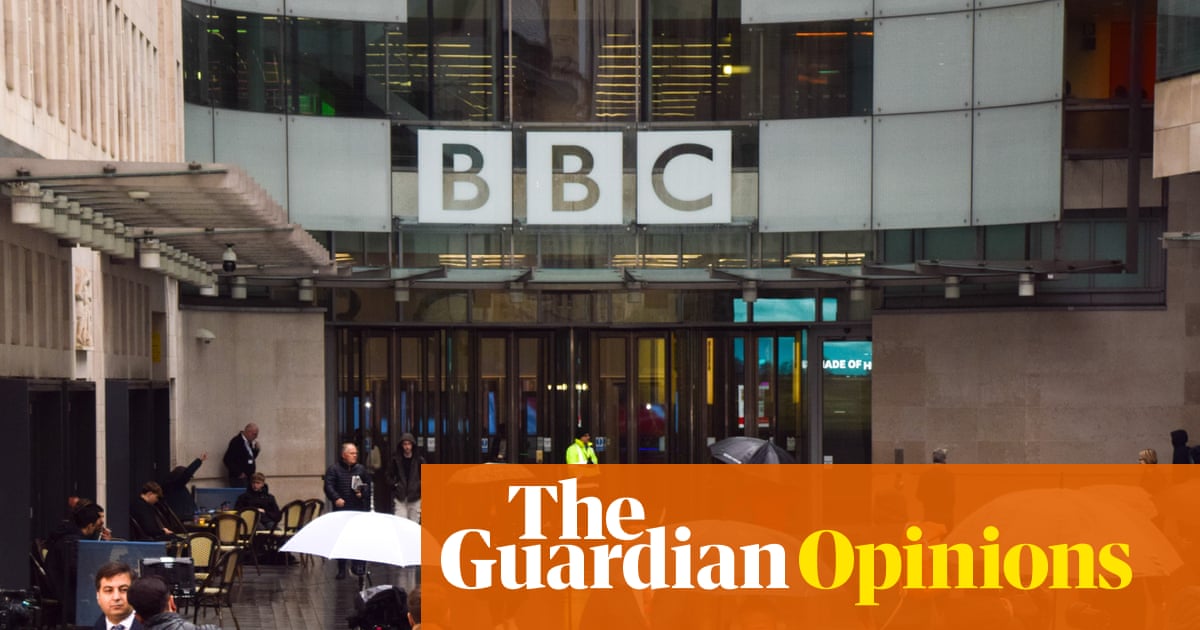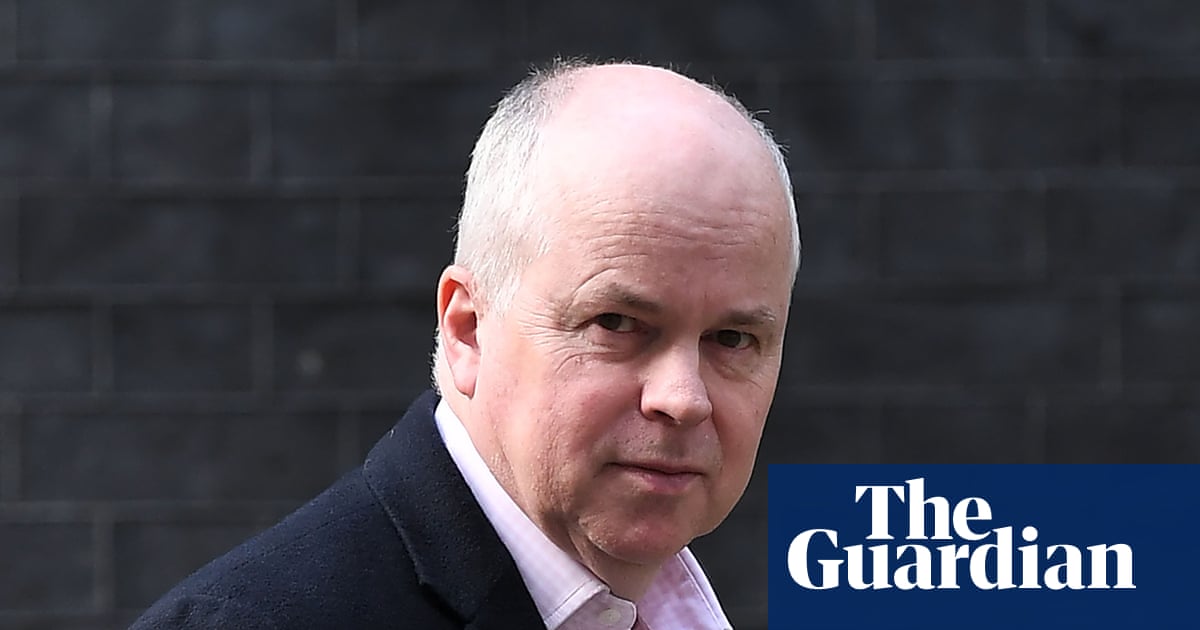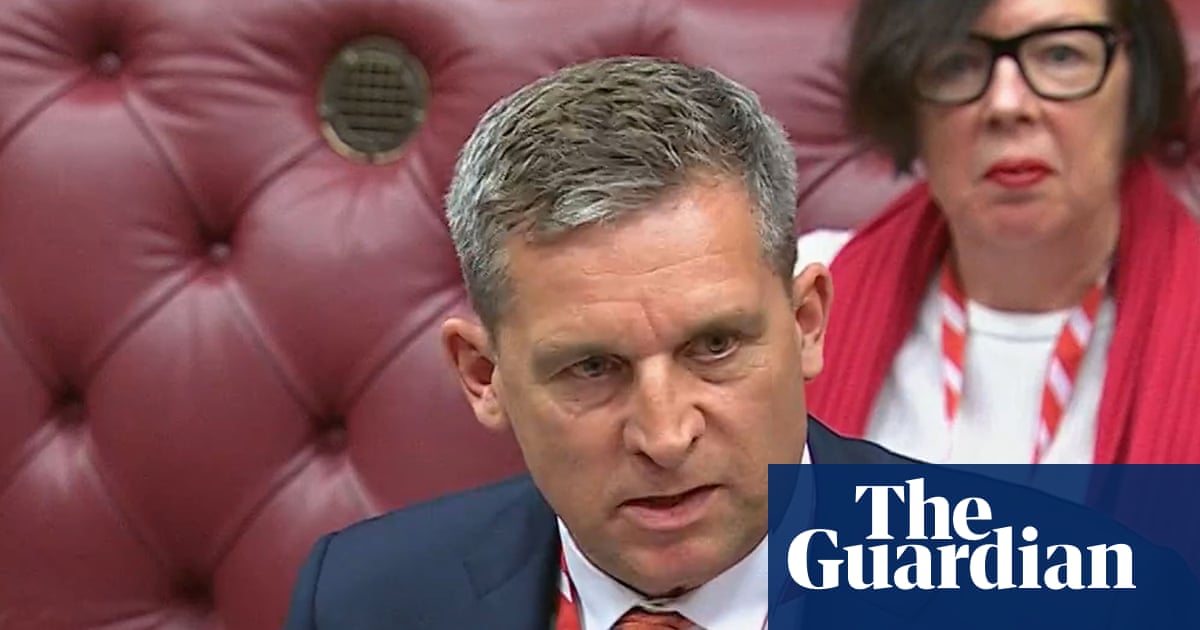If Blackpool was a stick of rock, Little Layton would be a ribbon of pink in the middle. To its left, the deep red of rundown bedsits near the promenade. To its right, the plush green streets of Poulton Le Fylde, where £1m mansions overlook a well-tended golf club.
That is to say, Little Layton is one of the nicer parts of Blackpool. Yet it is one of 169 places across the UK awarded up to £20m over 10 years as part of a £5bn government programme to spruce up parks, pubs and public buildings.
The fund, nicknamed “levelling up 2.0”, is hoped by Labour to help them tackle the threat of Nigel Farage’s Reform UK, whose popularity is growing in many of the places allocated money on Thursday.
For many in Little Layton, however, a bit of money to jazz up the high street would not necessarily sway their voting habits.
“They don’t care if there’s a new lamp-post or a flower basket,” said Jakki Garner, 61, a former English teacher who teaches cooking at Layton Together, a community project. “Parents can’t buy shoes for their children or winter coats because they’re spending all their money on food. This feels like a sticking-plaster initiative.”
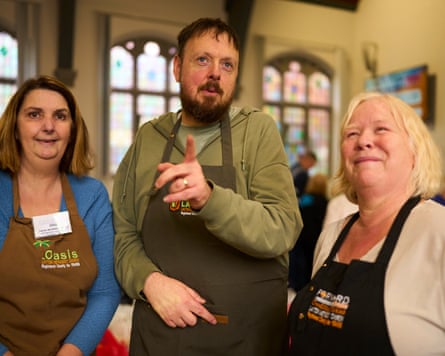
Mark Walmsley, 45, the chair of Layton Together, welcomed the money and hopes it could be used open a youth club long planned for the area. “It’s a good idea – if the decisions are made locally,” he said. “That’s the key.”
The scheme, announced on Thursday, will see communities handed powers to seize boarded-up shops and buy beloved local assets like libraries and cinemas. It was, said the prime minister, a plan for choosing “unity over division” and “backing the true patriots” at local level.
Out on Little Layton’s well-kept high street, there was little sign of a place in decay. There were few, if any, vacant properties and none boarded up. “There’s no derelict shops,” said Walmsley.

A village of just more than 7,000 people, Little Layton has one of the highest rates of working professionals in Blackpool and a far lower crime rate. Many agree it is a pleasant place to live, with a trendy micropub and regular community events, including a free monthly film night that attracts nearly 100 people, depending on the film. “The high street is actually quite thriving,” said Kath Pritchard, 72, a trustee at Layton Together.
It feels far removed from the hardship a mile nearer the coast, home to some of the worst living conditions in Britain. Little Layton is seaside suburbia by comparison – yet people are still struggling.
On Thursday lunchtime, a queue of about 50 people snaked outside the door of Layton Methodist church. They were there not to pray but to eat. Each week, Blackpool’s Big Food Project opens the church hall to people who pay between £5 and £16 for a hamper of groceries and toiletries that would cost far more in a supermarket. Some leave with platform trolleys piled with £60 worth of goods, for which they pay £16.

Sarah Bell, 46, a volunteer at the food project, said the new £2m a year funding for Layton “ain’t gonna touch the sides” of people’s challenges. “[Starmer’s] thrown money to make things look good to cover up the cracks … I hate to say it but it feels like we’re getting more and more like a third-world country. It’s heartbreaking.”
Catching up over a coffee, Jane Southworth, 61, and her friend Susan Allen, 68, felt it was about time Layton got some money. There is a perception that the village loses out to the more deprived parts of Blackpool and the seafront, given the town depends on tourists.
Allen and Southworth are politically homeless, having voted all of their lives for Labour and the Conservatives respectively. Allen, a retired caterer, said she was now leaning towards Reform UK. “Labour? It would have to change drastically,” she said.

Southworth, a former hotelier, said: “Nothing they did to brighten somewhere up would sway me. It’s the core politics. They’re just as bad as one another.”
Down the street, Lisa Campbell, 55, a civil service worker, said she would like to see money injected into the local Kingscote Park, which is maintained mainly thanks to volunteers.
No money, however, will stop her putting a tick in the turquoise box of Reform UK. “I just think Keir Starmer’s very weak,” she said. “With Nigel Farage, he’s got a clear vision. It would take a lot for me to change and certainly not an injection of cash that should be invested anyway.”

 1 month ago
46
1 month ago
46


